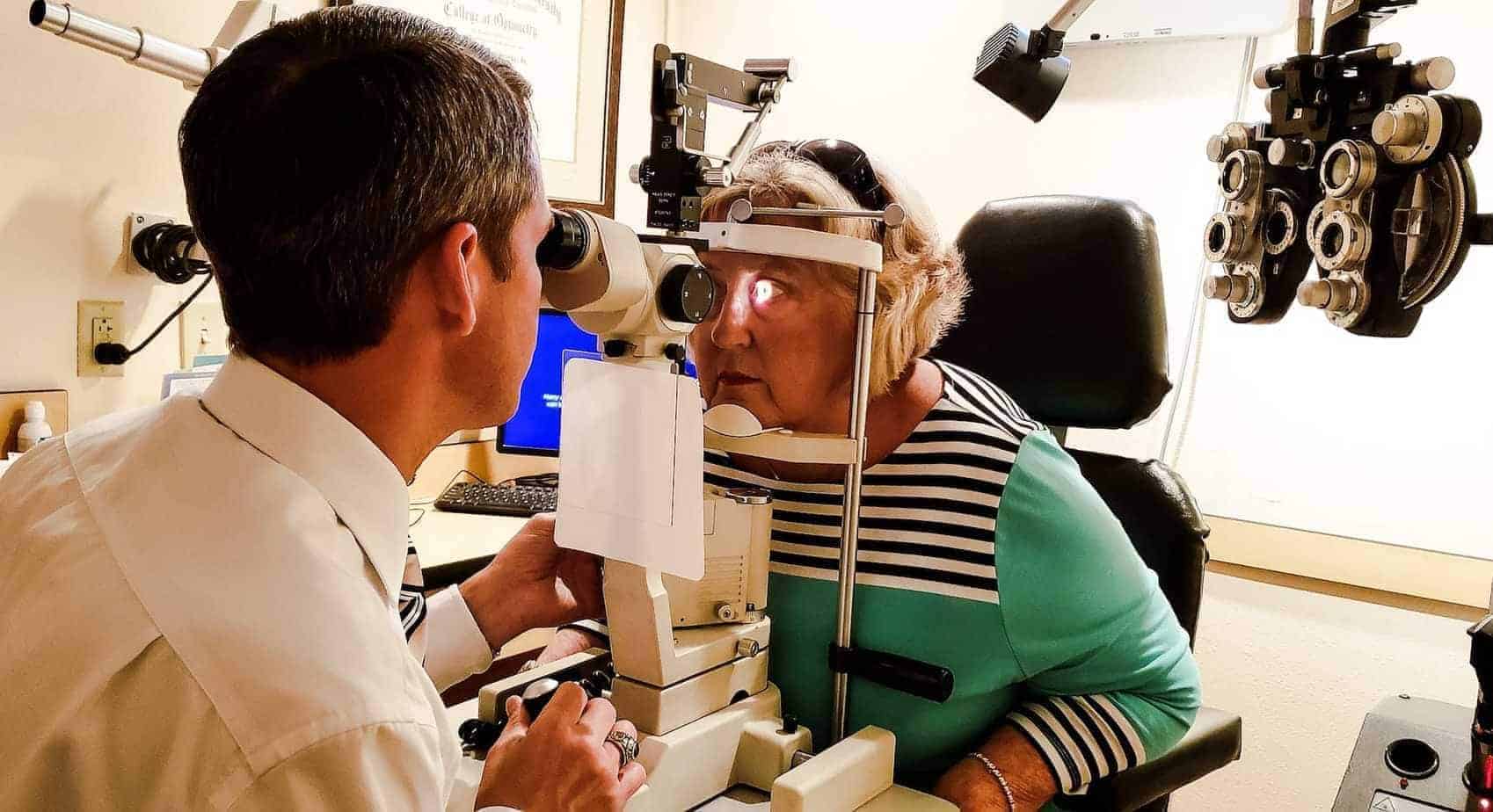As we grow older, maintaining our eye health becomes increasingly crucial. Regular eye exams play a vital role in detecting and preventing vision problems, making it essential to understand what Medicare covers in this regard. This article delves into the specifics of whether Medicare Part B, the medical insurance component of Original Medicare, covers routine eye exams and other vision-related services.
The Basics: What Medicare Part B Covers
Original Medicare, which comprises Part A (hospital insurance) and Part B (medical insurance), provides coverage for a wide range of healthcare services and supplies. However, when it comes to routine eye exams, Medicare Part B has specific limitations.
According to the Centers for Medicare & Medicaid Services (CMS), Original Medicare (Part A and Part B) does not cover eye exams or other vision-related costs, except for special situations. This means that routine eye exams, commonly referred to as “eye refractions,” performed solely for the purpose of obtaining eyeglasses or contact lenses, are not covered under Medicare Part B.
Exceptions and Special Circumstances
While routine eye exams for prescription eyewear are generally excluded from Medicare Part B coverage, there are certain exceptions and special circumstances where vision-related services may be covered:
-
Welcome to Medicare Preventive Visit: When you first enroll in Medicare Part B, you are eligible for a one-time “Welcome to Medicare” preventive visit. This visit includes a simple vision test, although it does not cover a comprehensive eye exam.
-
Diabetic Eye Exams: If you have diabetes and are at risk for diabetic retinopathy, Medicare Part B covers an annual eye exam performed by an eye doctor who is legally allowed to administer the test in your state. You will be responsible for paying 20% of the Medicare-approved amount after meeting the Part B deductible.
-
Glaucoma Testing: Medicare Part B helps cover glaucoma tests every 12 months if you are at high risk for developing this eye disease. To qualify as high-risk, you must have at least one of the following conditions: diabetes, a family history of glaucoma, be African American and age 50 or older, or be Hispanic and age 65 or older. You will pay 20% of the Medicare-approved amount after meeting the Part B deductible.
-
Macular Degeneration Testing and Treatment: Part B may cover certain tests and treatments related to age-related macular degeneration. You will be responsible for 20% of the Medicare-approved amount after meeting the Part B deductible.
-
Cataract Surgery and Corrective Lenses: If you undergo cataract surgery and an intraocular lens (IOL) is implanted, Medicare Part B will help cover the cost of one set of corrective lenses (either one pair of eyeglasses with standard frames or one set of contact lenses). You will pay 20% of the Medicare-approved amount after meeting the Part B deductible.
Medicare Advantage Plans: An Alternative for Vision Coverage
While Original Medicare (Part A and Part B) has limited coverage for routine eye exams and vision care, Medicare Advantage plans (Part C) offer an alternative option. These plans, provided by private insurance companies approved by Medicare, often include additional benefits beyond what Original Medicare covers, such as vision coverage.
Many Medicare Advantage plans provide coverage for routine eye exams, eyeglass frames with prescription lenses, and prescription contact lenses. However, the specific coverage options and costs can vary from plan to plan and may not be available in all areas.
It’s important to carefully review the details of each Medicare Advantage plan to understand the vision benefits included, as well as any associated copays, coinsurance, or deductibles.
Exploring Additional Vision Coverage Options
If you find that your vision care needs are not fully covered by Original Medicare or your chosen Medicare Advantage plan, there are additional options to explore:
-
Medicare Supplement (Medigap) Plans: Some Medicare Supplement (Medigap) plans may offer additional vision coverage, although this varies by plan and provider.
-
Stand-Alone Vision Insurance Plans: You can purchase stand-alone vision insurance plans from private insurers to supplement your Medicare coverage. These plans typically cover routine eye exams, eyeglasses, and contact lenses, but the coverage and costs may differ.
-
Discount Vision Plans: Discount vision plans, while not traditional insurance, can provide discounted rates on vision care services and products, such as eye exams, frames, lenses, and contact lenses.
-
Community Resources: Explore community resources and organizations that offer free or low-cost vision services for individuals with limited financial means.
Conclusion
If you require more comprehensive vision coverage, including routine eye exams and prescription eyewear, consider enrolling in a Medicare Advantage plan that includes these benefits or exploring additional vision insurance options.
Maintaining good eye health is essential, and understanding what your Medicare coverage includes can help you make informed decisions and plan accordingly. By being proactive and exploring all available options, you can ensure that your vision care needs are met and your eye health is prioritized throughout your golden years.
Does Medicare Pay For Eye Exams?
FAQ
Does Medicare cover eyeglasses for seniors?
Does Medicare supplemental insurance cover eye exams?
How often does Medicare cover retinal eye exams?
What does Medicare Part B cover?

